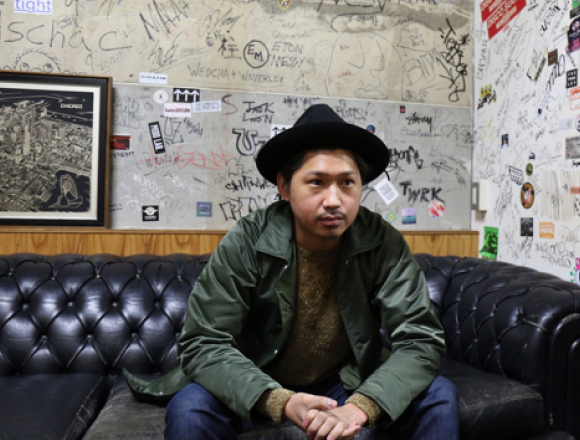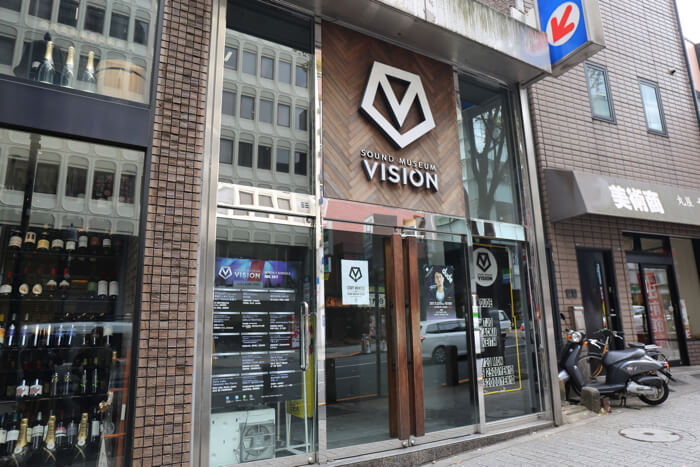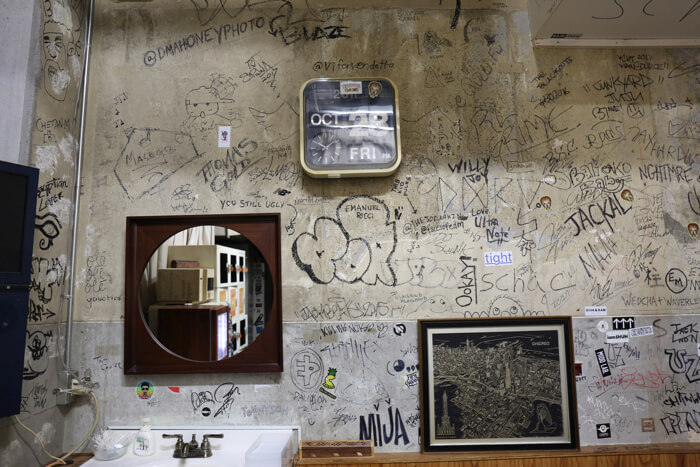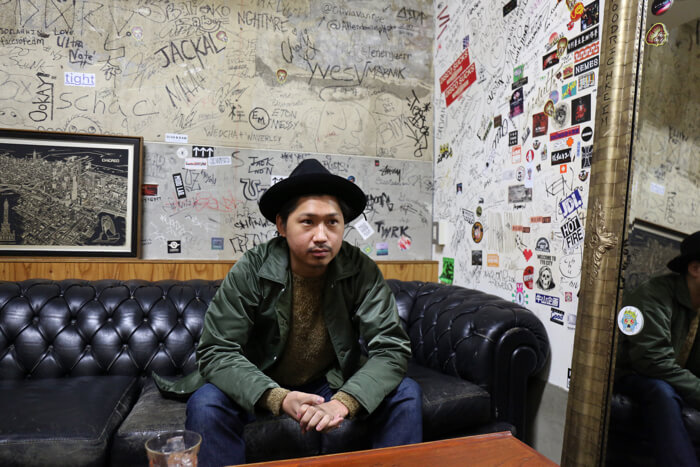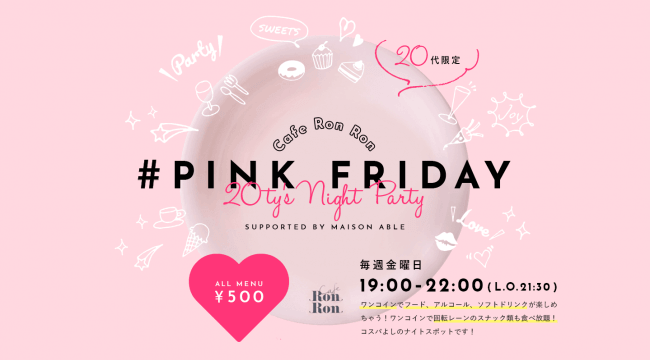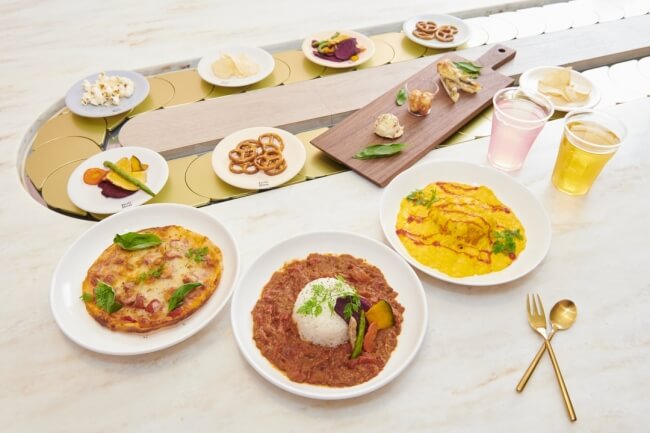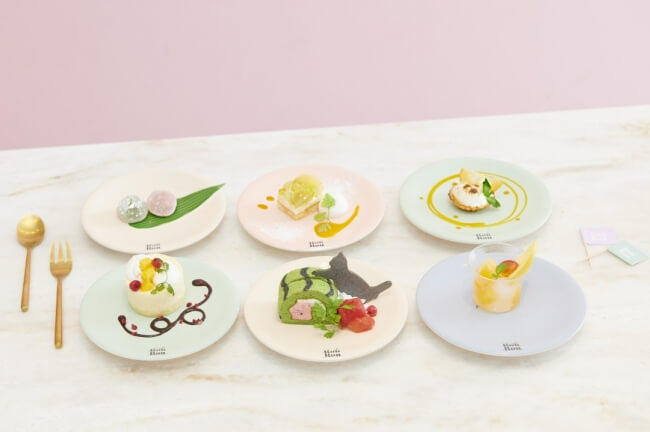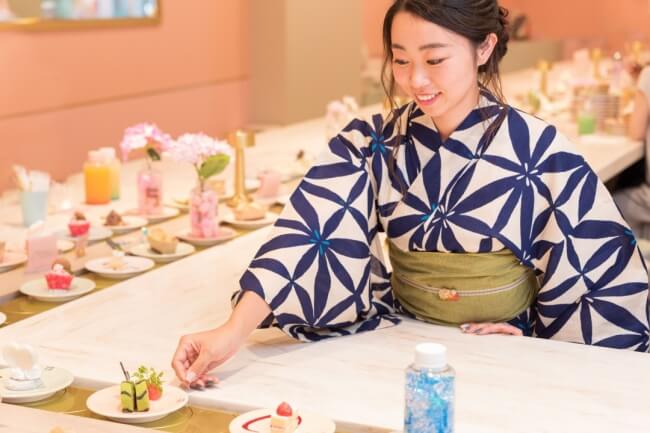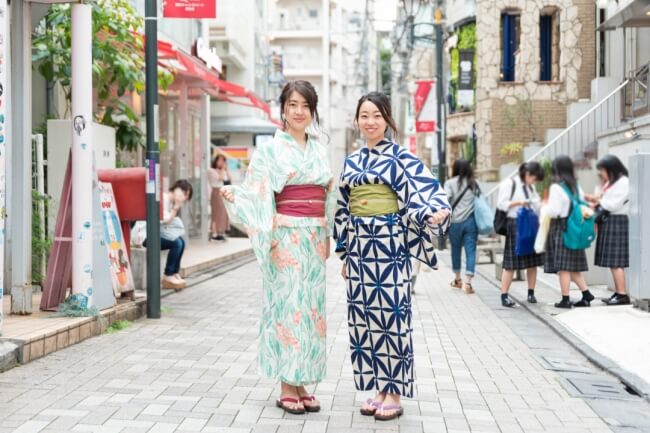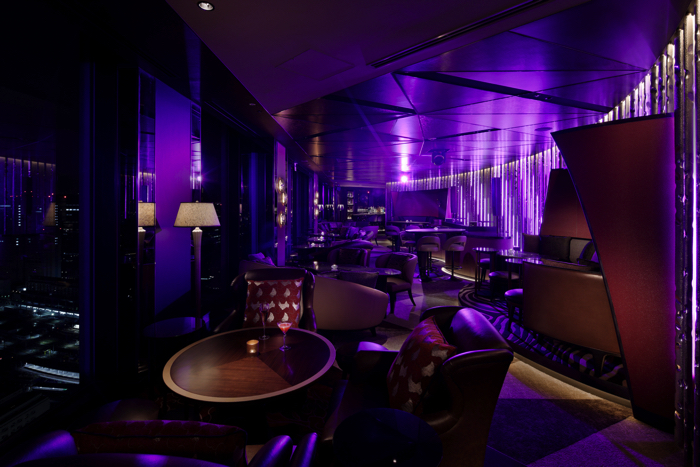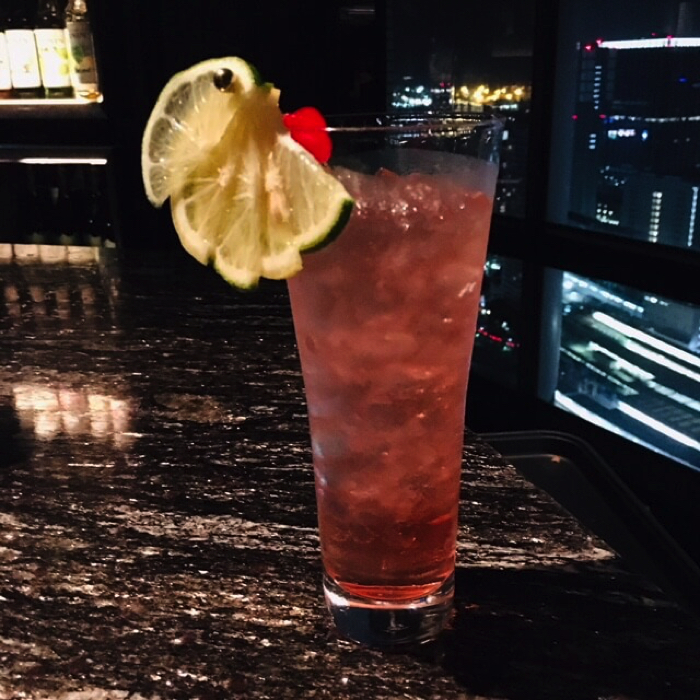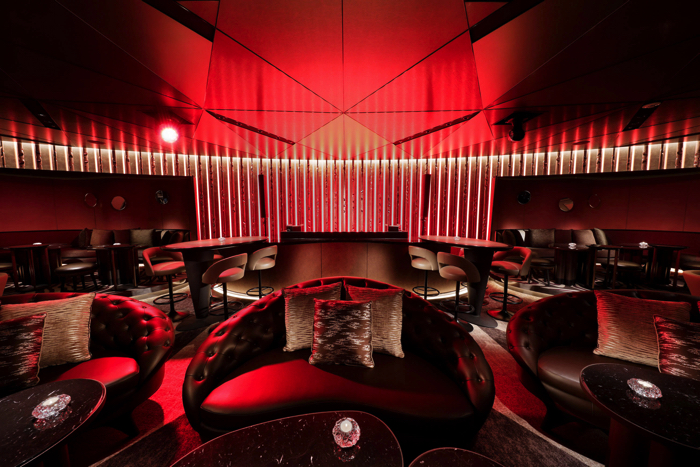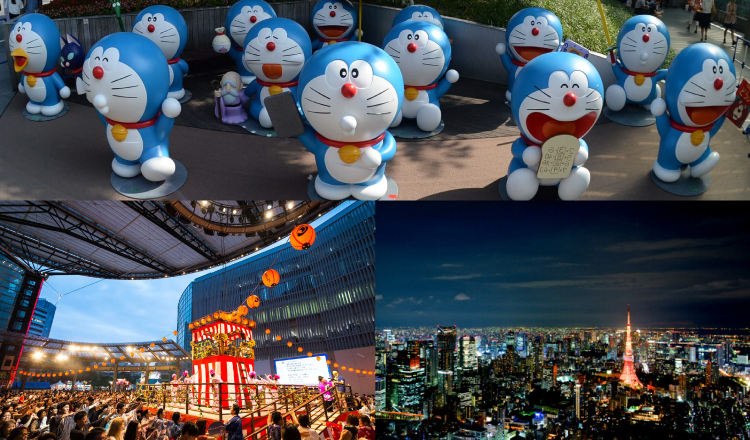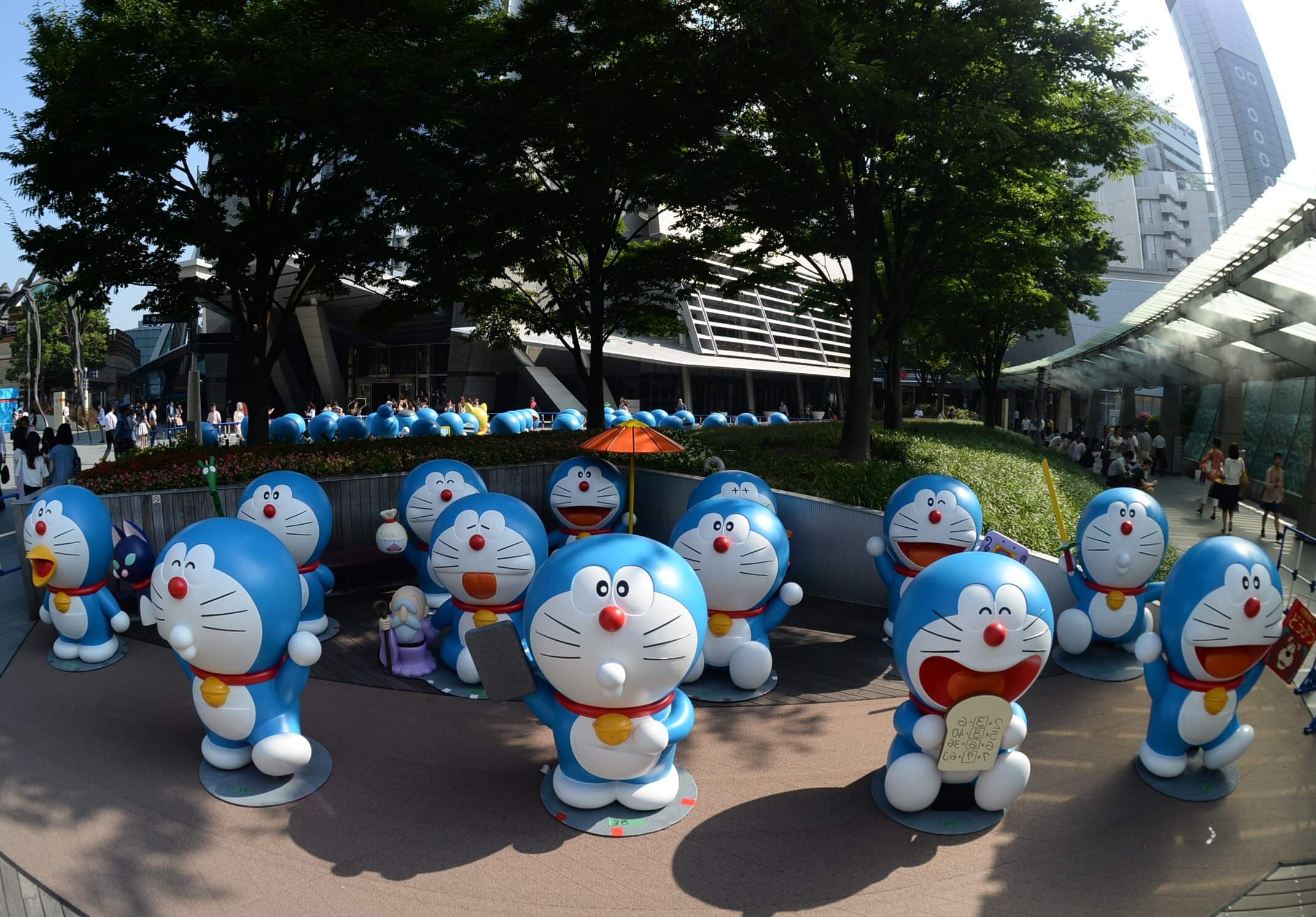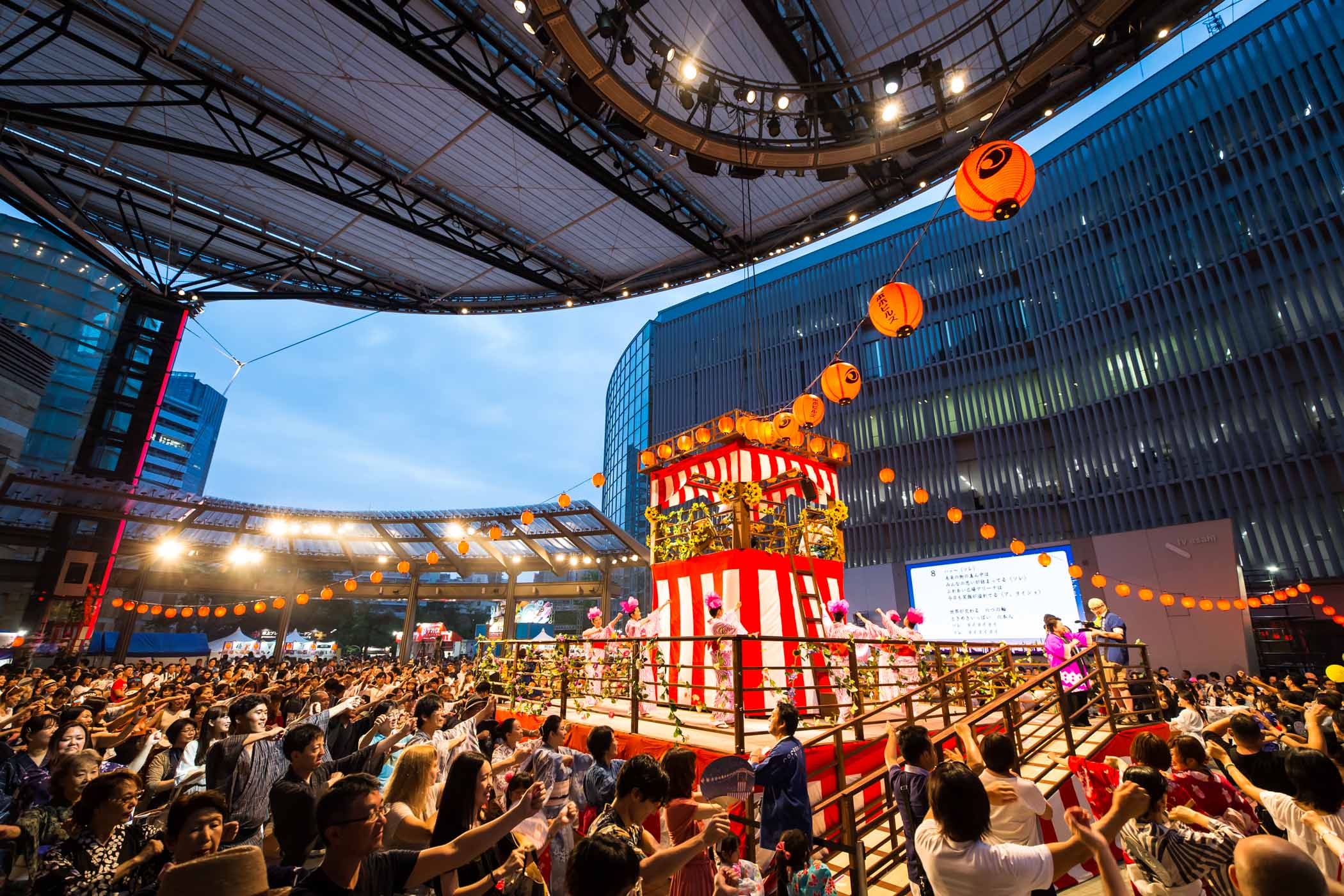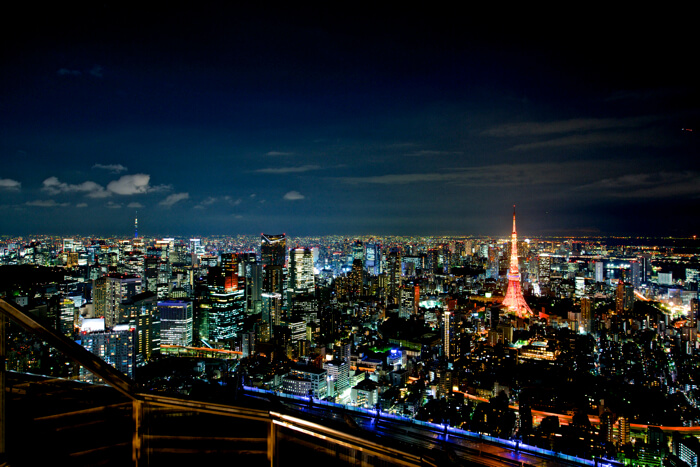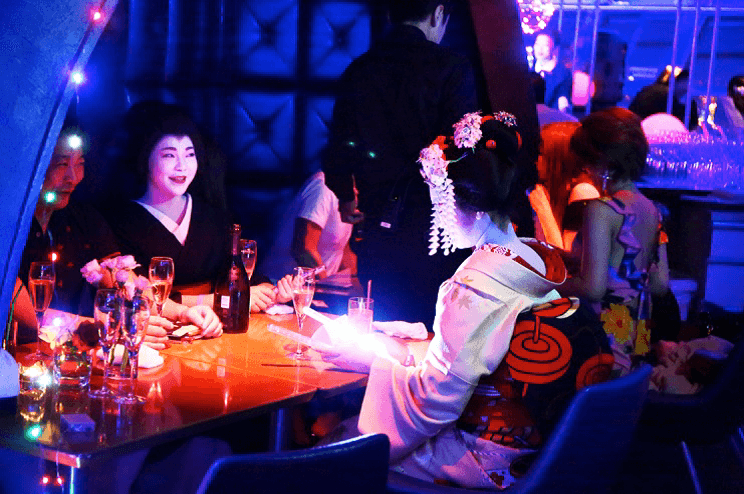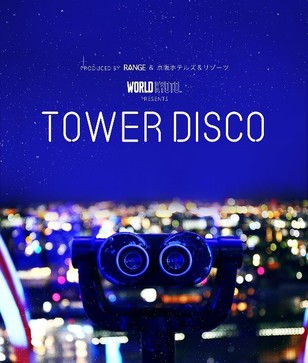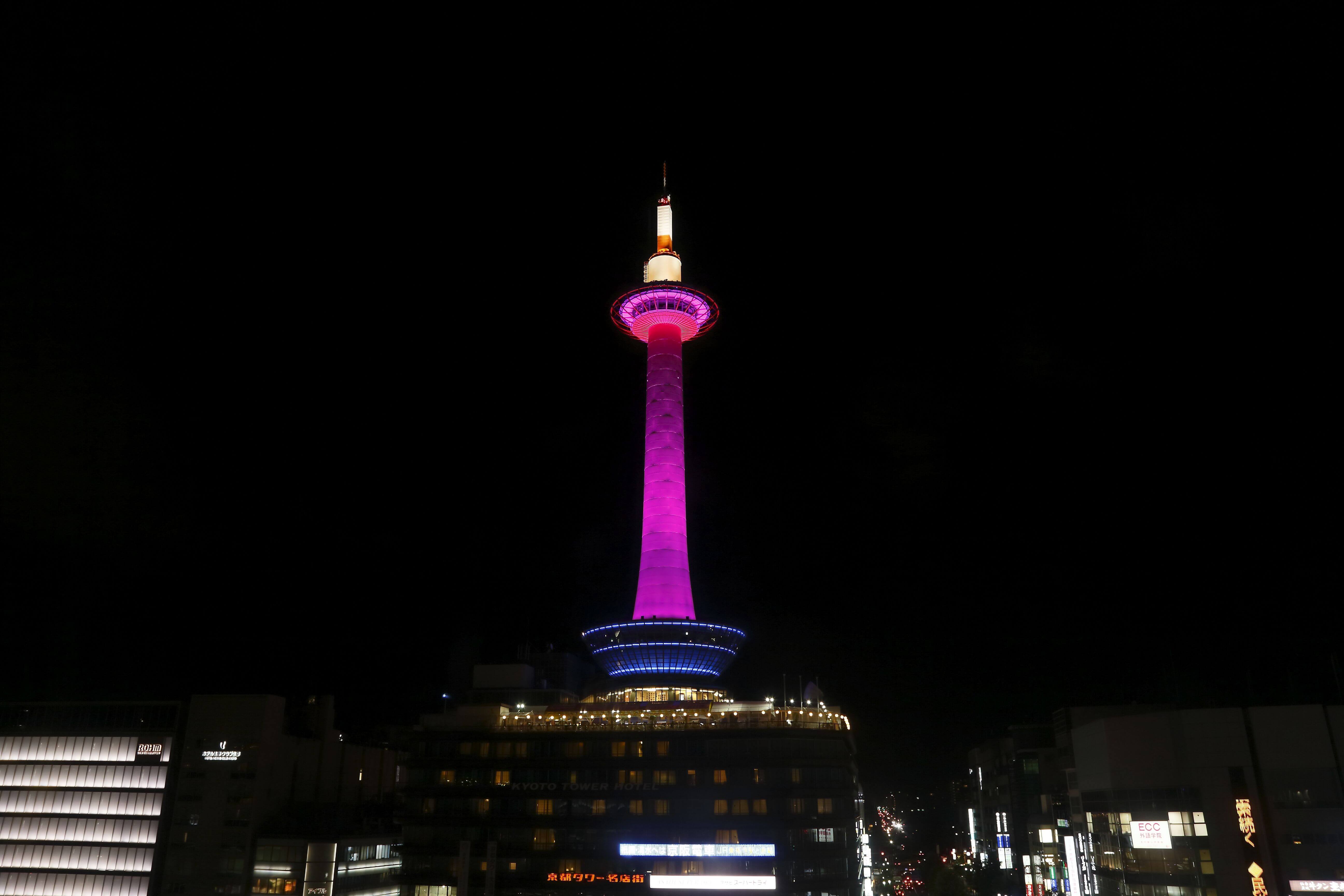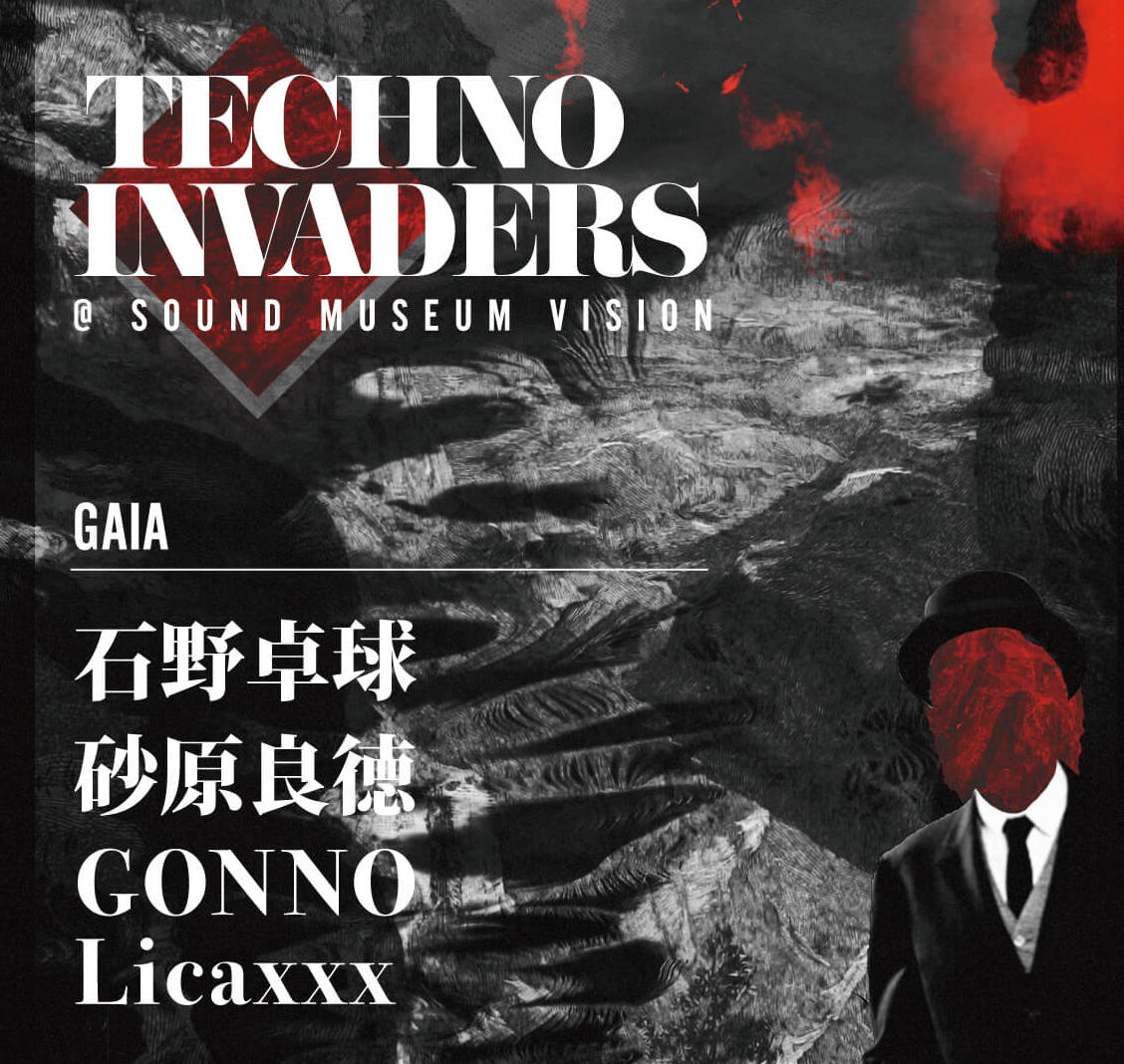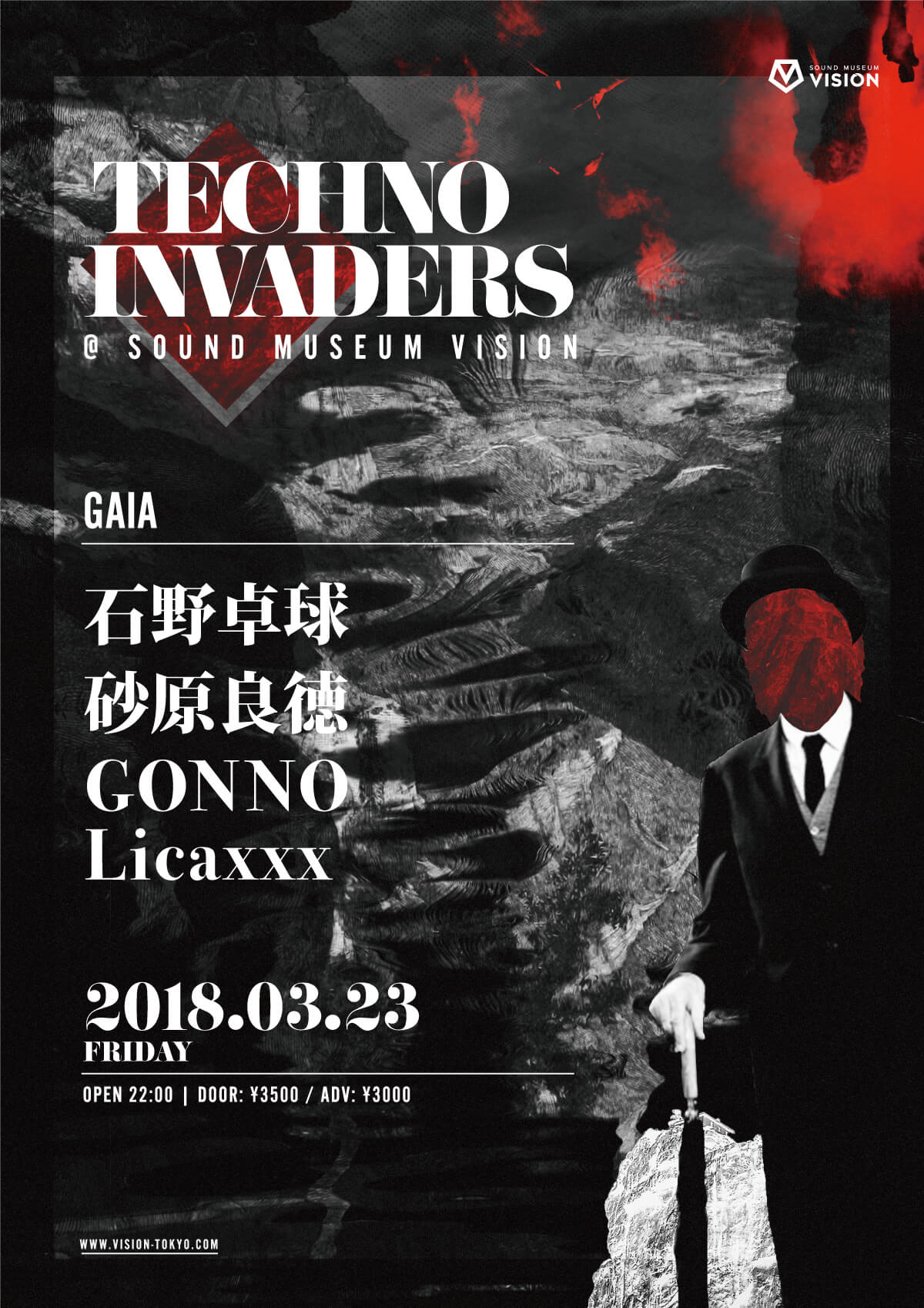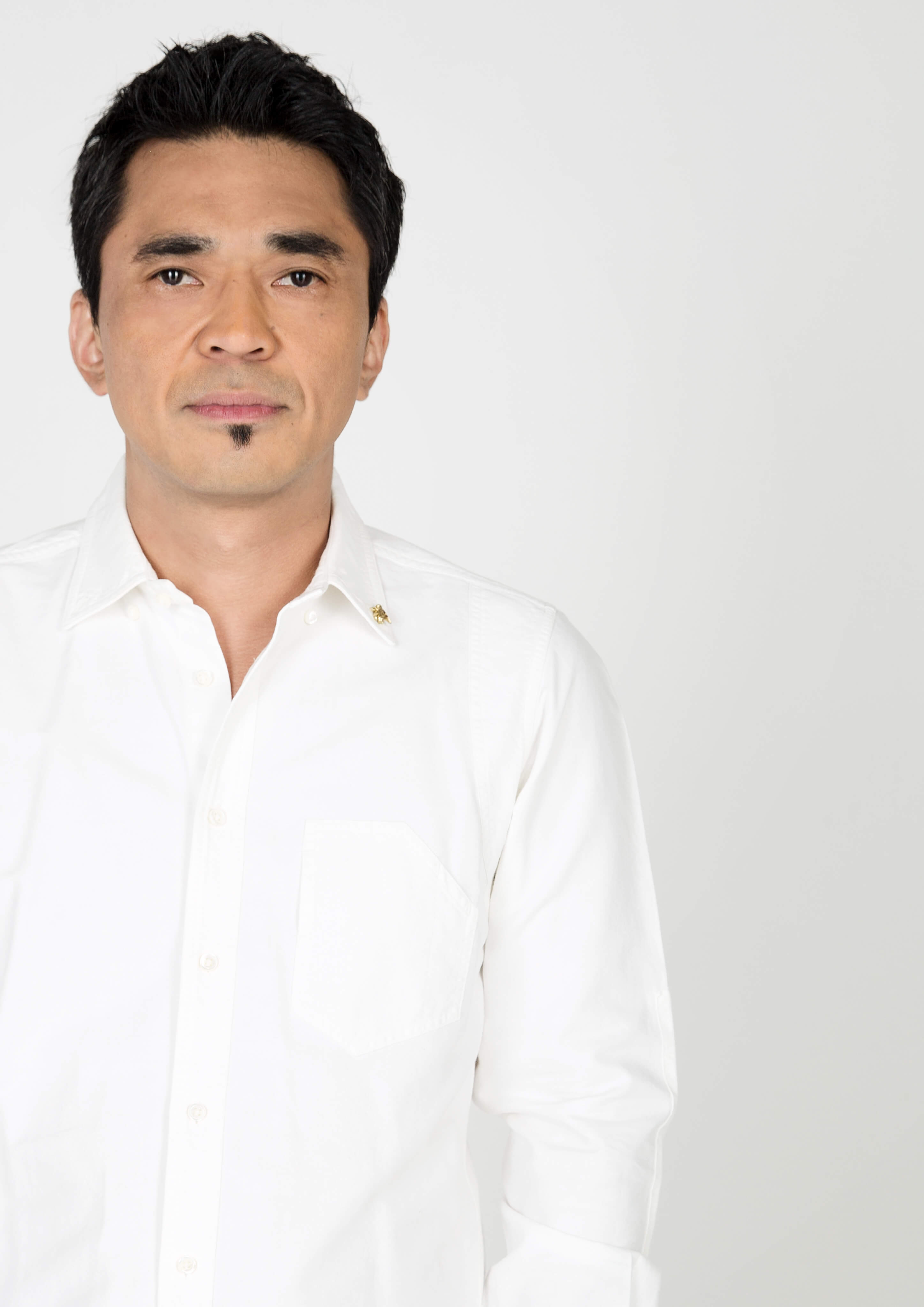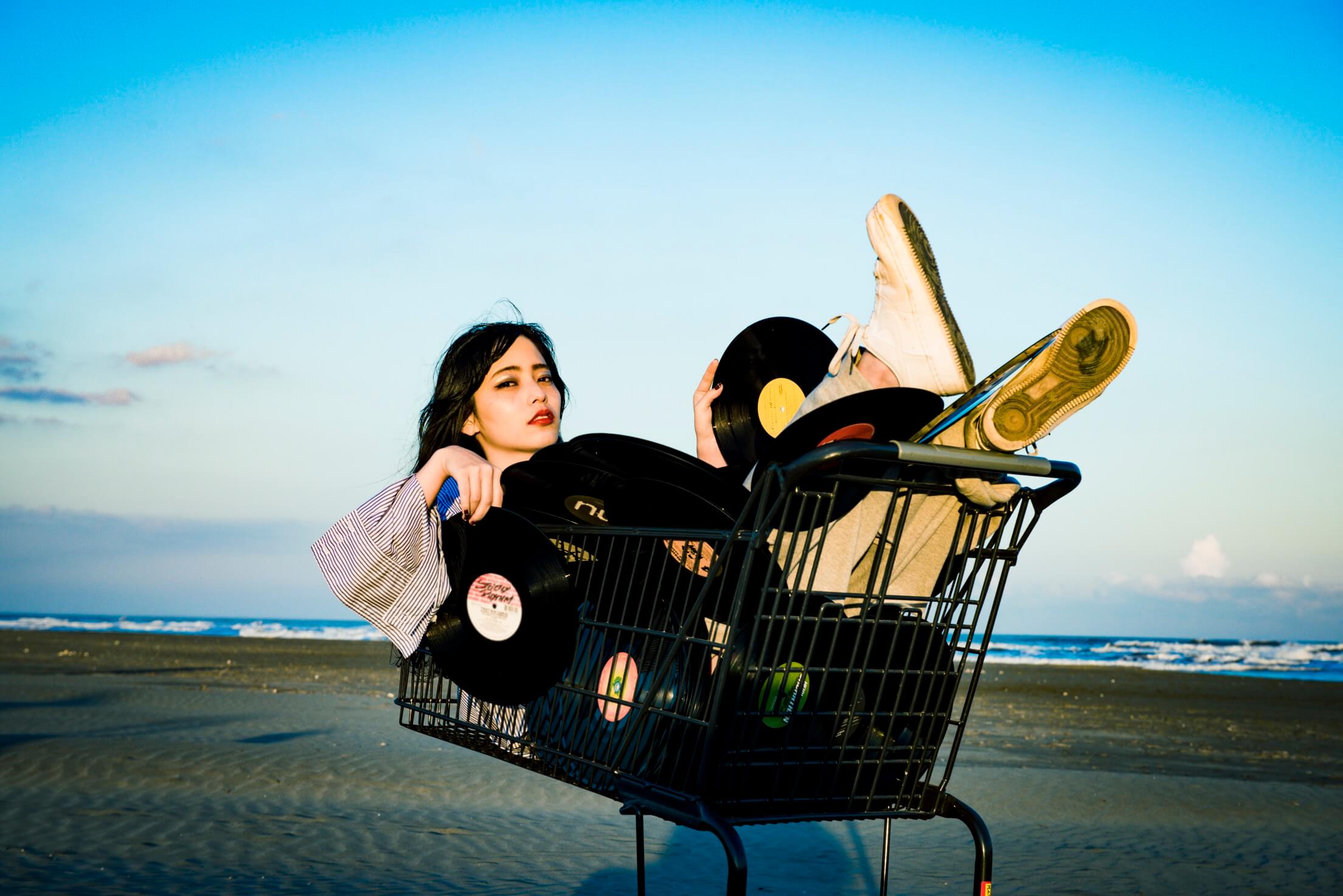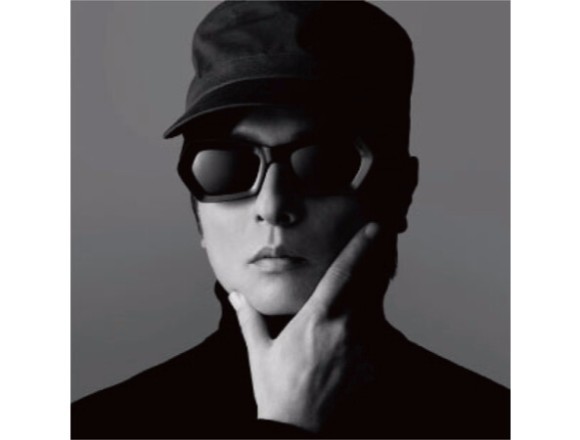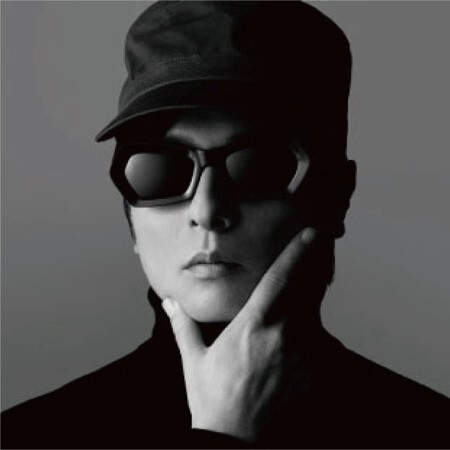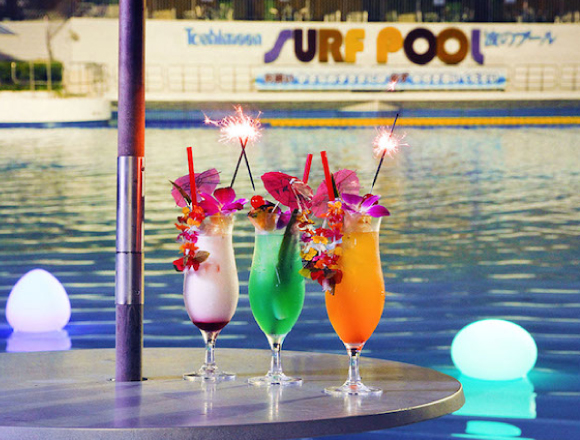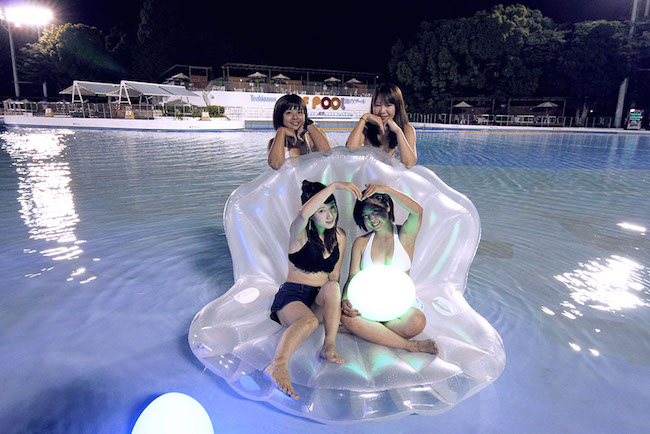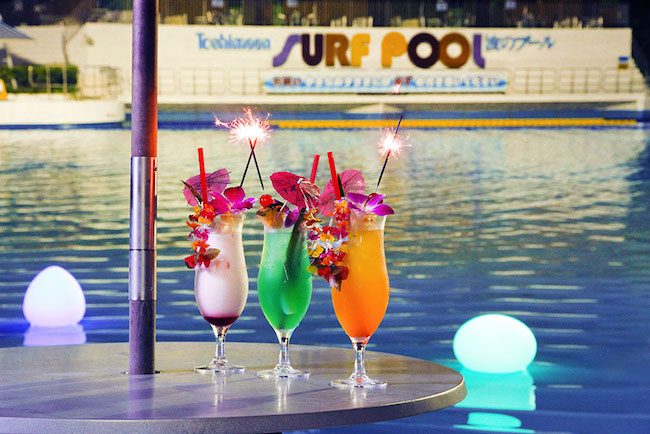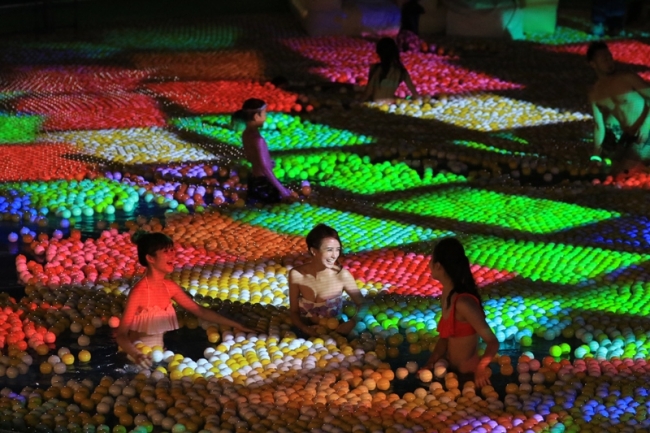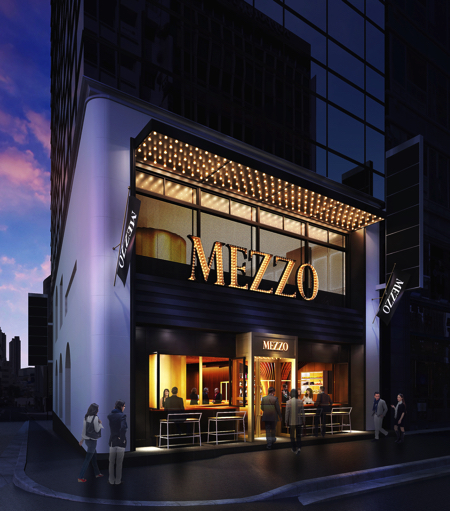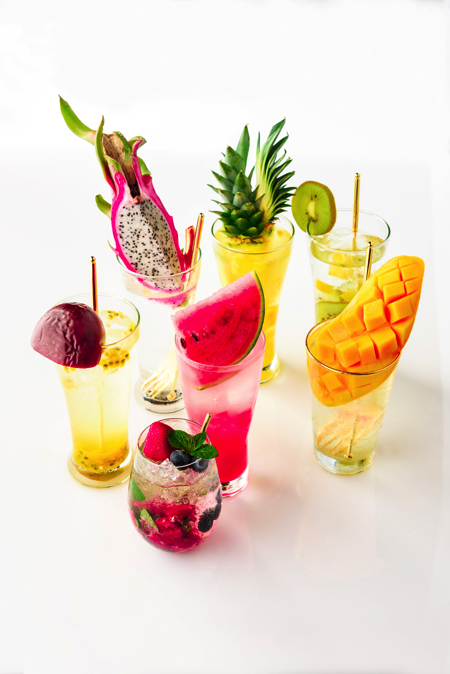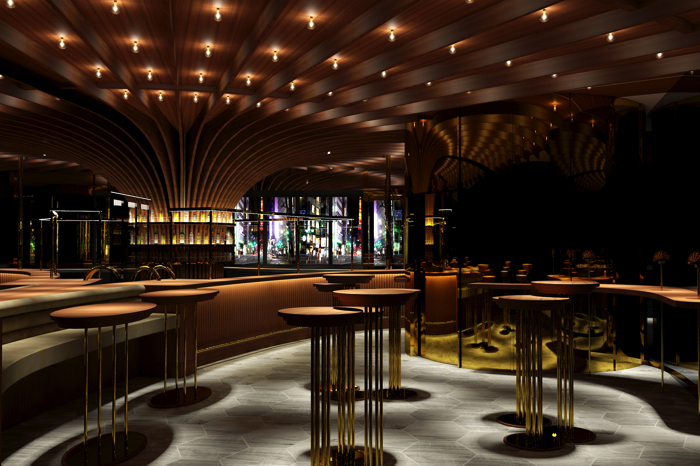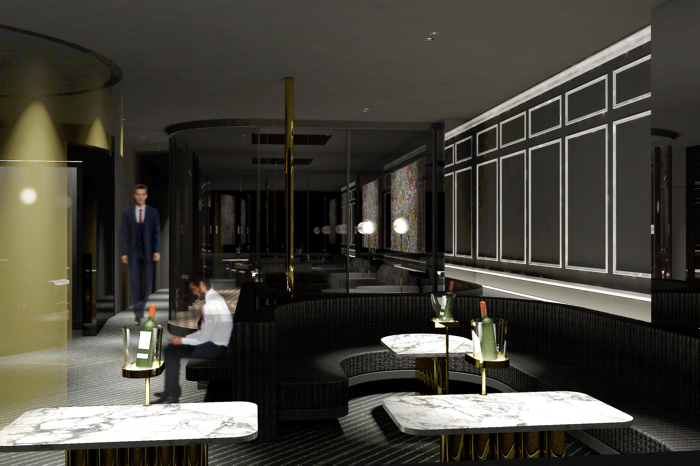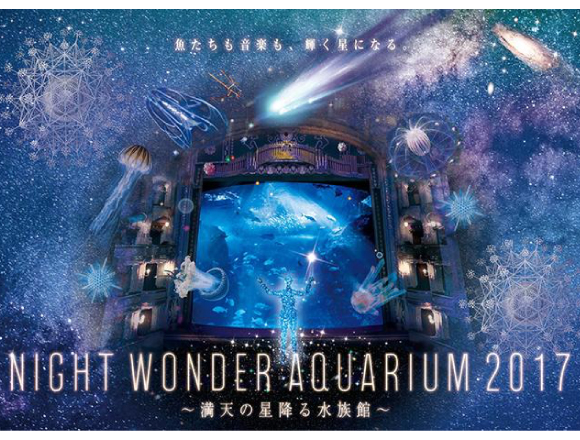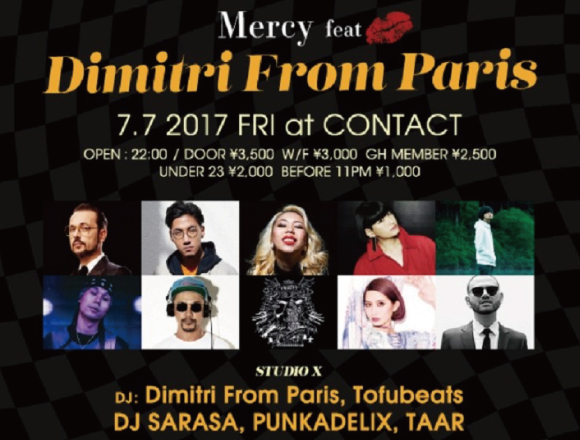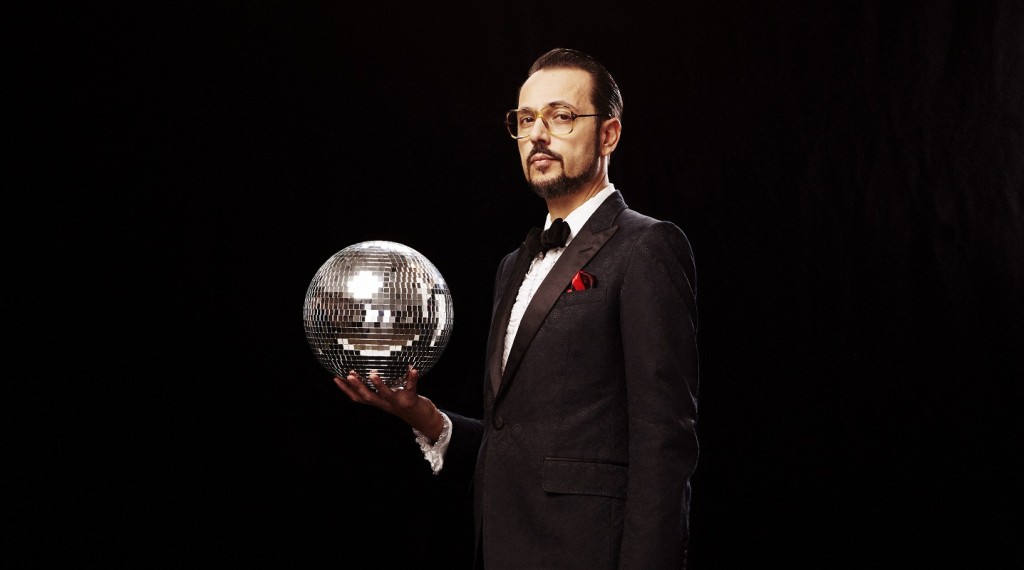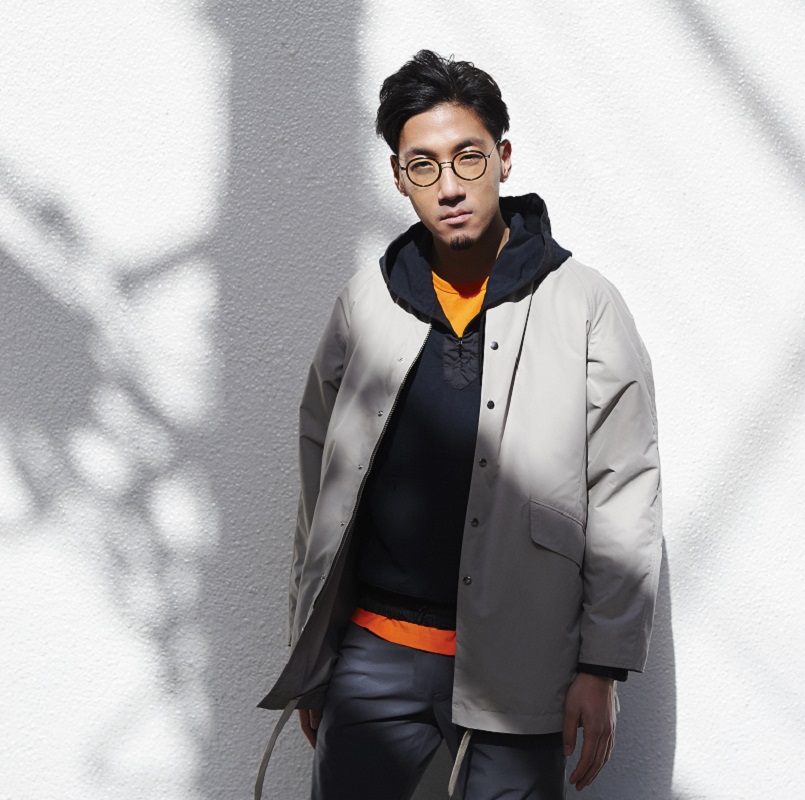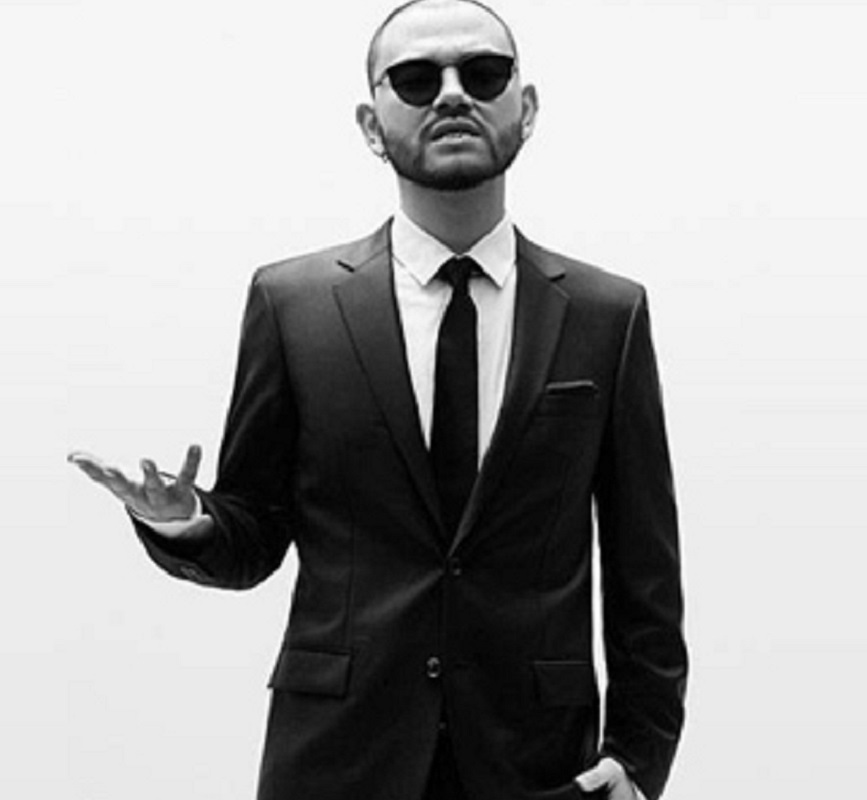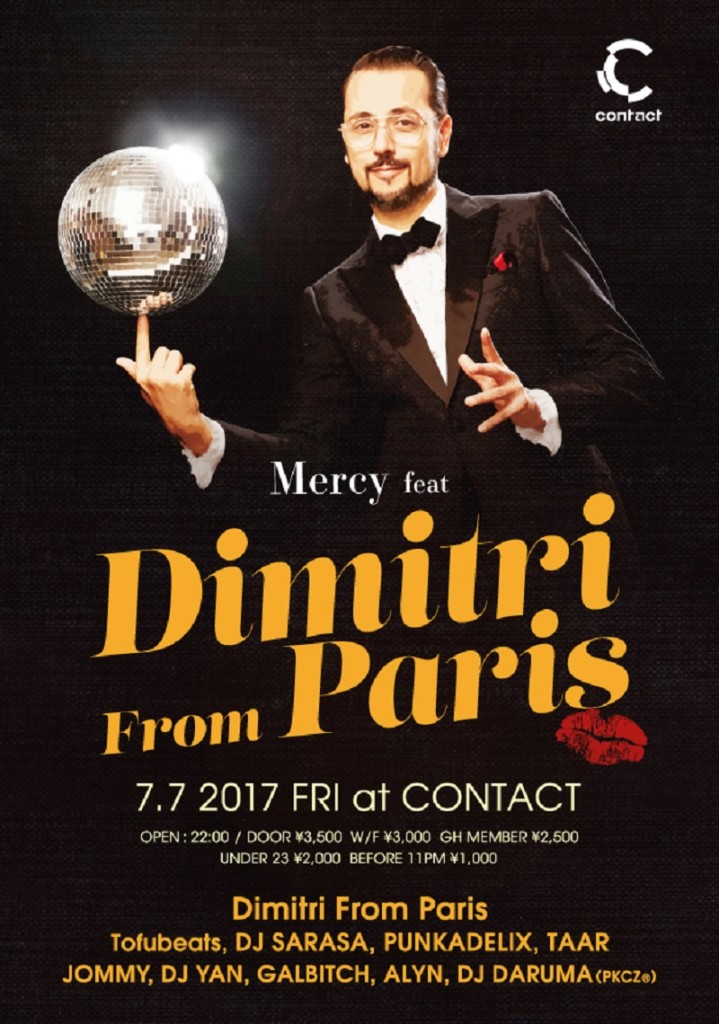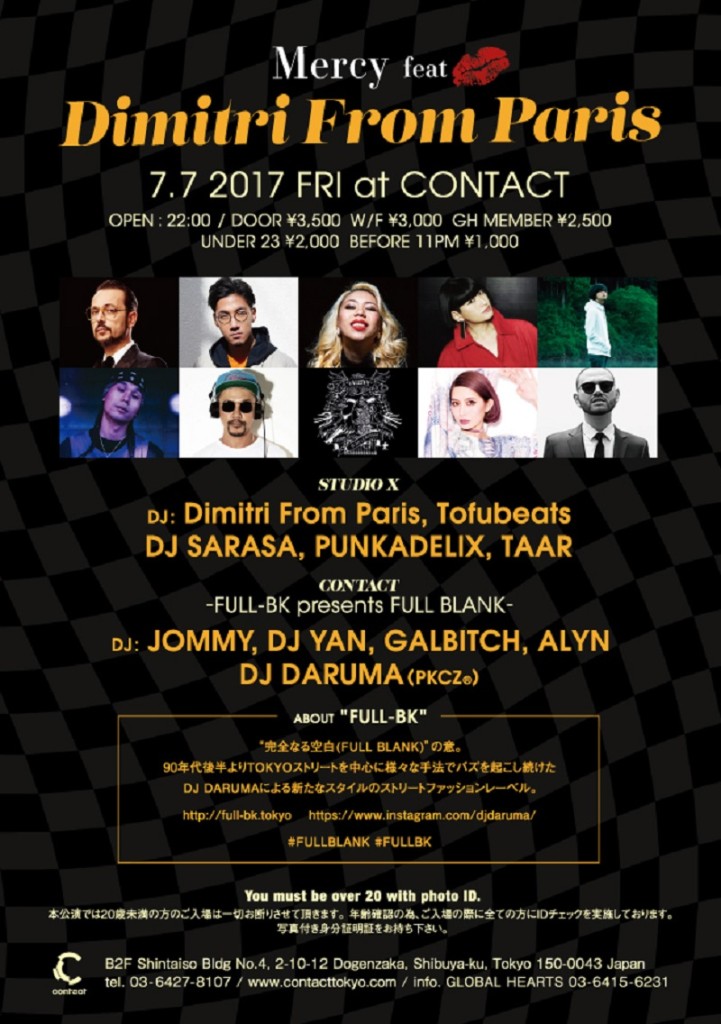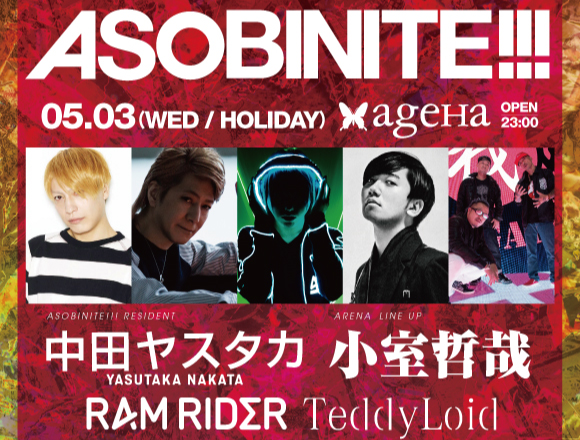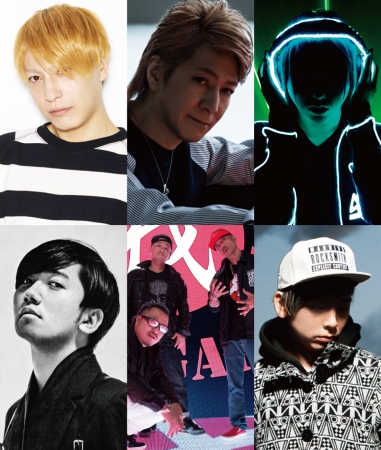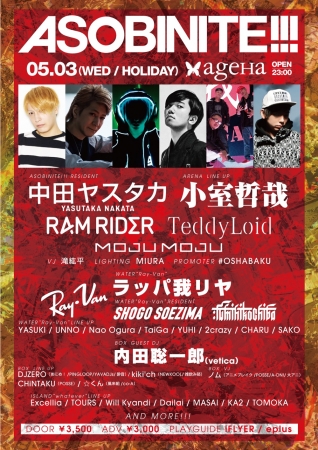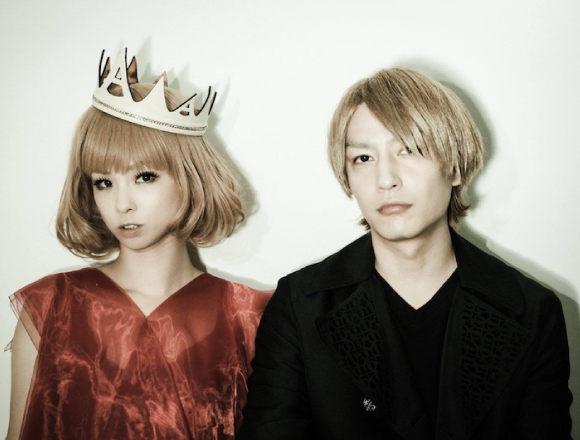MUSIC NIGHT SPOT: vol.1 SOUND MUSEUM VISION – Kohei Norita: “Proud to Represent Japan With Tokyo’s Nightlife Culture”
MUSIC NIGHT SPOT is a new series that introduces the hottest spots to experience music in Tokyo at night. In this debut installment we will take a look at SOUND MUSEUM VISION, the city’s biggest underground club and live music venue located in the center of Dogenzaka, Shibuya. Spanning a floor space that covers almost 1000m² and housing a capacity of 1,500, VISION first opened on October 28, 2011 as Daikanyama AIR’s sister location. The music site consists of four unique floors – “GAIA,” “DEEP,” “D LOUNGE” and “WHITE” – as well as six bar counters and a connecting corridor to a gallery. Night after night VISION hosts genre-less and globalized parties making it a truly diverse location that almost every lover of club music has visited. VISION operations manager Kohei Norita spoke to me about the history and management of the venue.
Interview & Text: Mami Naruta
Translator: Joshua Kitosi-Isanga
■During the year the earthquake struck, I thought to transmit a new culture from Tokyo and uplift Japan as a whole
――VISION was refurbished in autumn 2011 from a 991.7m² underground space in Dogenzaka that used to house restaurants and a car park, correct?
That’s right. It was the year right when the earthquake had struck. The whole of Japan was still in low spirits, it was a lonely period. The owner chose to let me open the place during such a time to uplift Japan and transmit a new culture from this Tokyo – to do something big and overturn the mood. That’s what led to the opening of the venue. Did you know, the clock on the wall backstage here is stopped on the date October 28, 2011?
――Wow, you’re right! I’ve been here so many times and never noticed before.
Over there is a “SLOW” sign, a remnant of the car park that has been left as it is. We’ve been able to treasure a little of the original location in the interior design.
――Could you tell me about how you came to be part of the management team at VISION?
I used to be a bartender at Daikanyama AIR, VISION’s predecessor, and when the chance for this place became possible I moved here to work as opening staff. From there I became the bar manager, shop manager, and now I’m the director. From the get go I endorsed the owner’s sentiment. We spoke about what would be interesting to do, and we came up with the idea of creating a place smack in the middle of Shibuya with 4 floors where we could host different genres of things. I also took over AIR and thought to put in something else completely new… It is Shibuya anyway, a place where different cultures are mixed together, so I thought I could definitely create something interesting. VISION is, how do I put it, a place where you can do anything. We can have bands, techno, hip-hop, idol performances. I think that’s what’s great about it.
――It’s one of Tokyo’s most popular clubs that can hold 1,500 people. How are the staff broken up?
We generally have 3-4 people working on planning and booking. I’m one of them. When we’re open, there are 16-17 people bartending, 16-17 floor staff, 5 people on reception and tills, about 6 people for lighting and PA. So, there are around 40 staff working in a day.
――What is the process of booking like?
We first of all look at it on a monthly basis and consider how we should create a balance and what kind of genres to have at the parties. For example, if we have hip-hop here, then we’ll have EDM here and bass here. We’re also constantly listing what overseas artists we want to perform here, so while keeping in contact with them we decide where to prioritize for our artist schedule. But whatever we do, we consider it case by case as this venue is in Shibuya and we have four floors to play with. Even in hip-hop there’s a lot of different elements, from the hard stuff to the stuff more centered around culture. When it’s like that we’ve sometimes picked what we’re crazy on.
――Do you have any criteria when selecting a line-up?
We take on every kind here, so we don’t really have one. My roots stem from techno, house and electro, but that has no influence on our choices. We look at the scene in Japan as a whole and say, “we should do this” or “it might be a little early but let’s go with this”. But we also have a selection of parties that we cherish and hold on a regular basis, like “EMMA HOUSE” which is a house music party we’ve always done, and “WARP!!!” that we co-host with ASOBISYSTEM on the first Monday of every month.
■A place where you can enjoy one whole festival
――VISION is a driving force behind Shibuya right now. What do you think is interesting about Shibuya?
Whether it’s music or fashion, I believe Shibuya to be the center of culture. It’s a place where people of a high sensitivity gather, and it’s precisely because of that fact that we’re always on the lookout and must absorb and take on board a variety of things. VISION being in Shibuya doesn’t mean that we cater to our own personal tastes, it means that we listen to lots of other people’s stories and learn form them. That’s what I believe we are. In order for us to embrace different perspectives, we keep our eyes open so that people view us positively, whatever their background.
――VISION doesn’t fit into one box and can’t be labelled as “this” kind of place or “that” kind of place because it’s genre-less, correct? From a management perspective, what is VISION’s strength?
At other venues, the same kind of music is always playing when you go there, and there are people looking for that kind of thing. But we’re the opposite. When you come here the music is always different, and the direction is completely different depending on the day. That’s VISION’s selling point. We’re looking for people to say “VISION’s merit is that it’s different each day”.
――VISION also has four floors. The atmosphere must be different on each one, right?
That’s right. On GAIA we do really hardcore stuff, in the DEEP LONGUE we have days where we play chill music. And the people are completely different on each floor. You could say that VISION is to be enjoyed as one big festival where we create a solid time on each floor and where our customers can enjoy moving around each one. We bear that in mind when organizing events.
――When did you realize you were glad to be doing this job?
It’s cliché, but seeing everybody enjoying themselves here makes me really happy. I read people’s responses to an event on Twitter, and while there are sometimes some pretty brutal things said (laughs), it’s fun to hear people’s real voices, whatever it may be. It was out of this world when the guests accepted my intentions. I feel this was truly worth doing. And that’s not just me talking. Everyone at the bar, on the floor and at the cashier feel the same. They are kind enough to say how much fun it is and how much it’s worth doing when they see all the customers happy.
■Derrick May and Jeff Mills performed at our countdown event and it was so full-on I have no recollection of it
>>next page

